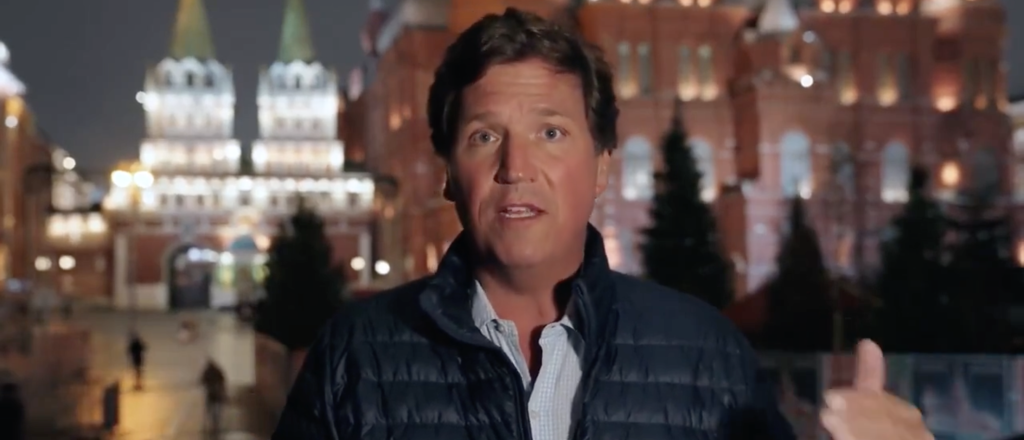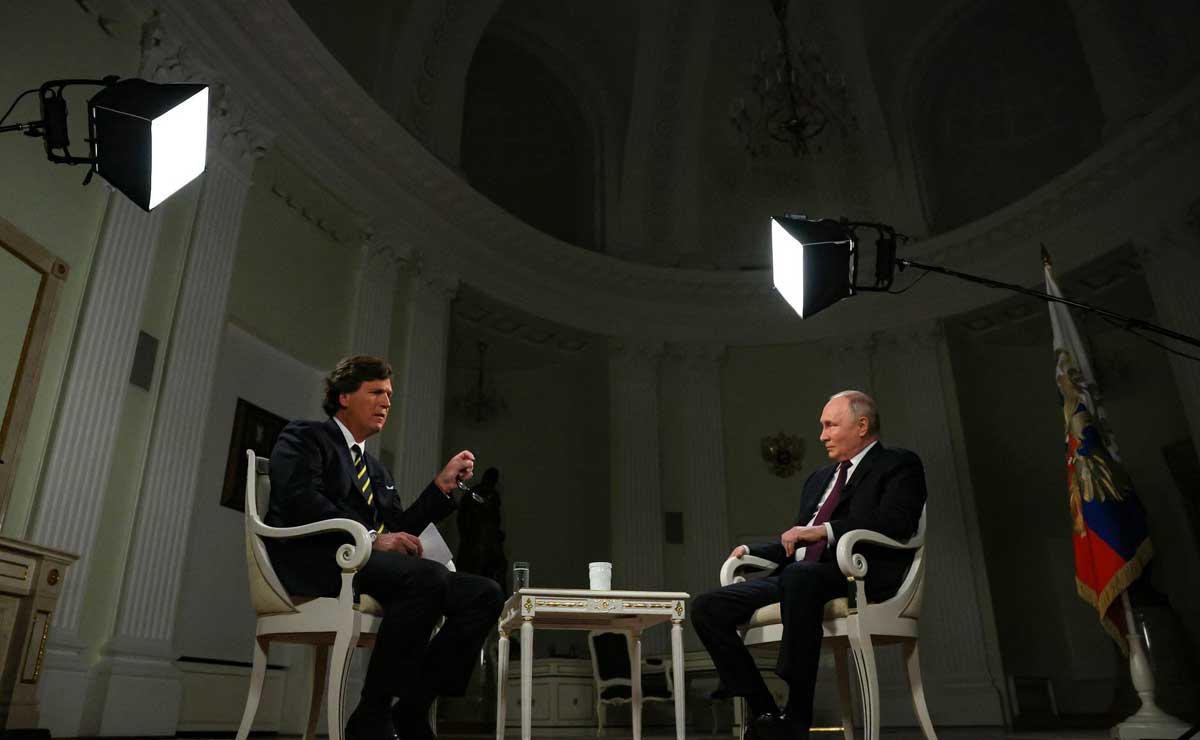



Tucker Carlson, co-founder of the Daily Caller News Foundation, recently returned to Moscow and released a video on December 5, 2024, declaring that the United States is in an undeclared 'hot war' with Russia. He pointed to U.S. military actions, including missile strikes authorized by President Joe Biden on November 17, 2024, as significant escalations that have brought the world closer to nuclear confrontation. Carlson criticized Secretary of State Antony Blinken for severing communication between the U.S. and Russia for over two years, which he argues has exacerbated tensions. He also revealed that attempts to interview Ukrainian President Volodymyr Zelenskyy were blocked by the U.S. government, raising concerns about transparency in U.S. foreign policy.
This alarming statement from Carlson comes in the context of ongoing warnings from Russian President Vladimir Putin about potential hypersonic missile strikes on Ukraine. As tensions mount, Blinken was reported to be attending a NATO meeting to discuss security priorities amid the escalating conflict. The backdrop of Carlson's remarks adds another layer to the already complex dynamics of U.S.-Russia relations, which have been strained by military actions and diplomatic breakdowns.
In a related context, Carlson's earlier interview with Putin had sparked mixed reactions among mainland scholars in China, where Putin's comments about China were interpreted in various ways. Some Chinese observers viewed his remarks as a signal of China's growing strength, while others expressed skepticism about Moscow's commitment to the Russia-China friendship. The reactions in China reflect ongoing debates about the future of China-Russia relations, which are characterized by a blend of admiration for Putin and concerns about the reliability of the partnership.
Putin's emphasis on the mutual respect that defines the China-Russia relationship, particularly during a meeting with BRICS media representatives, underscores the strategic importance of this alliance. He highlighted the rapid growth of bilateral trade and cooperation in various sectors, including energy and infrastructure, while criticizing the U.S. containment strategy against China. The evolving narrative around U.S.-Russia relations, combined with the dynamics of the China-Russia partnership, paints a complex picture of global geopolitical tensions. [ce786dce] [28e2158e] [6668a7ec] [ac6fd1ea]